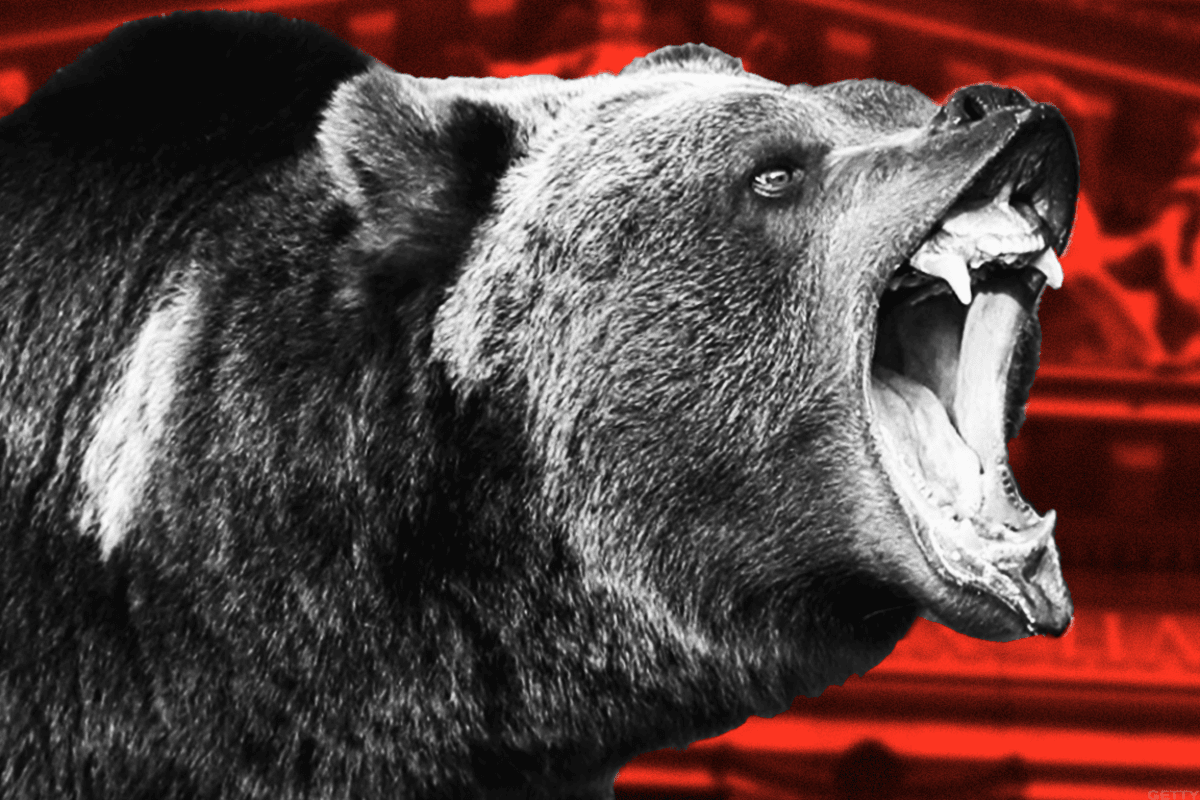A Bear Market is a situation in which stock prices fall by 20% or more from recent highs amid widespread pessimism and negative investor sentiment. The last prolonged Bear Market in the U.S. occurred between 2007 and 2009 during the financial crisis and lasted approximately 17 months. The S&P 500 lost 50% of its value during this period. Like Bull Markets, Bear Markets can last for several years or just a few weeks.
There can be rallies within secular bear markets where stocks or indices rally for a time, but the gains are not sustained and prices fall back to lower levels. The term "Bear Market" is the opposite of a "Bull Market" or a market where stock prices are rising or expected to rise.
The Bear Market phenomenon gets its name from the way a bear attacks its prey by rubbing its paws down. Investors can make gains in a bear market by selling short. This technique involves selling borrowed stocks and buying them back at lower prices. This is an extremely risky trade that can cause heavy losses if it doesn't work. A short seller must borrow the shares from a broker before placing a short sale order. The amount of the short seller's profit and loss is the difference between the value of the short seller's assets and liabilities.
This is a practice that is often accompanied by a margin to increase short-term profit in exchange for risk advantage.
